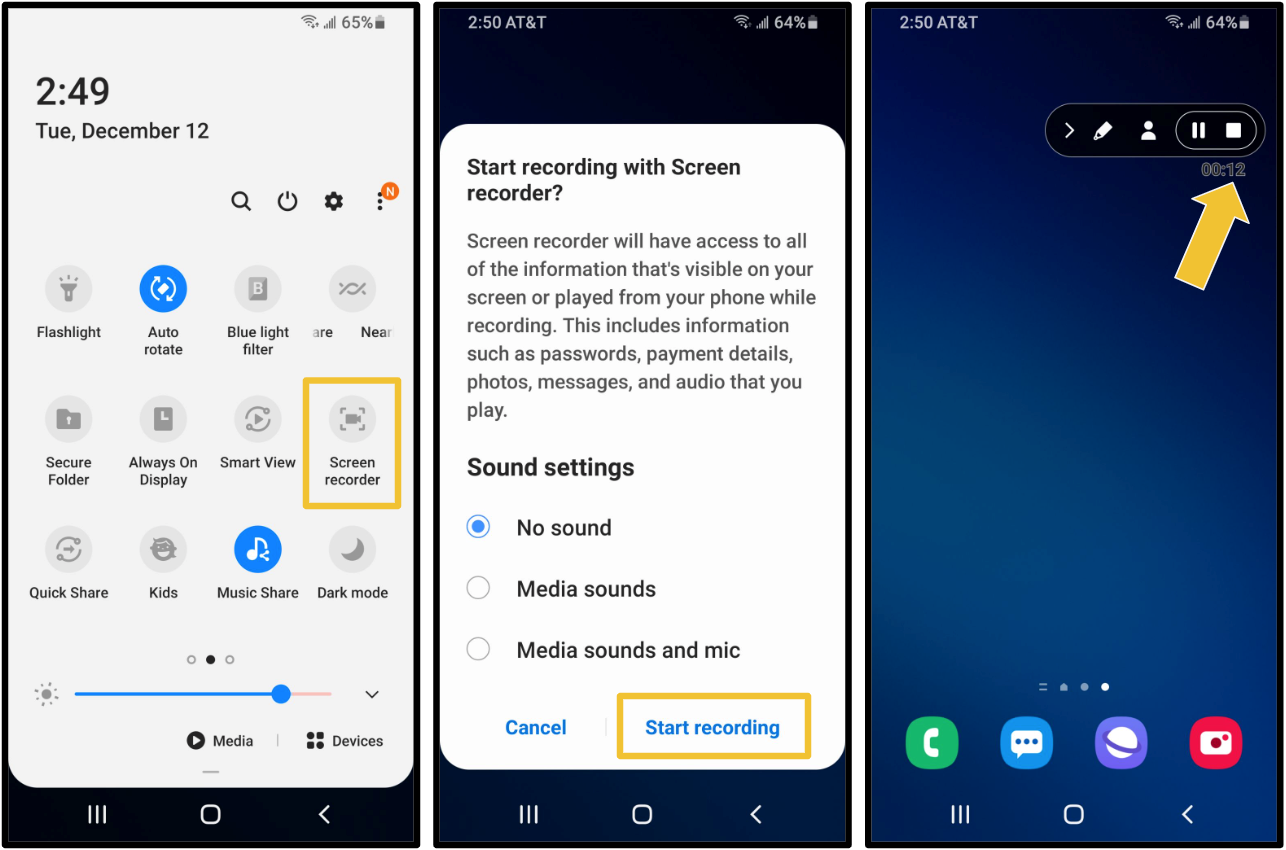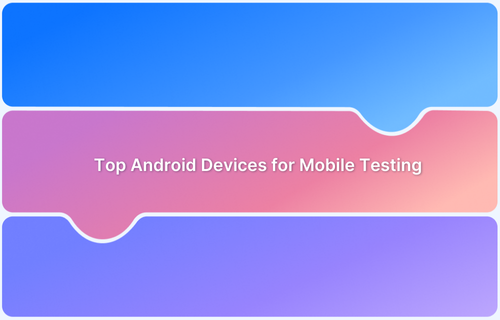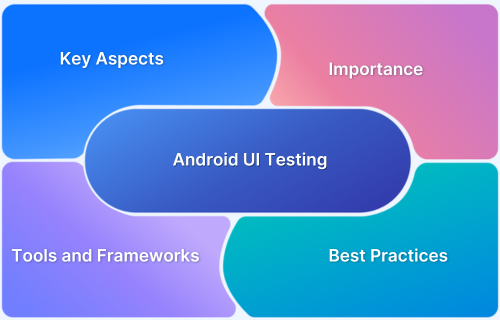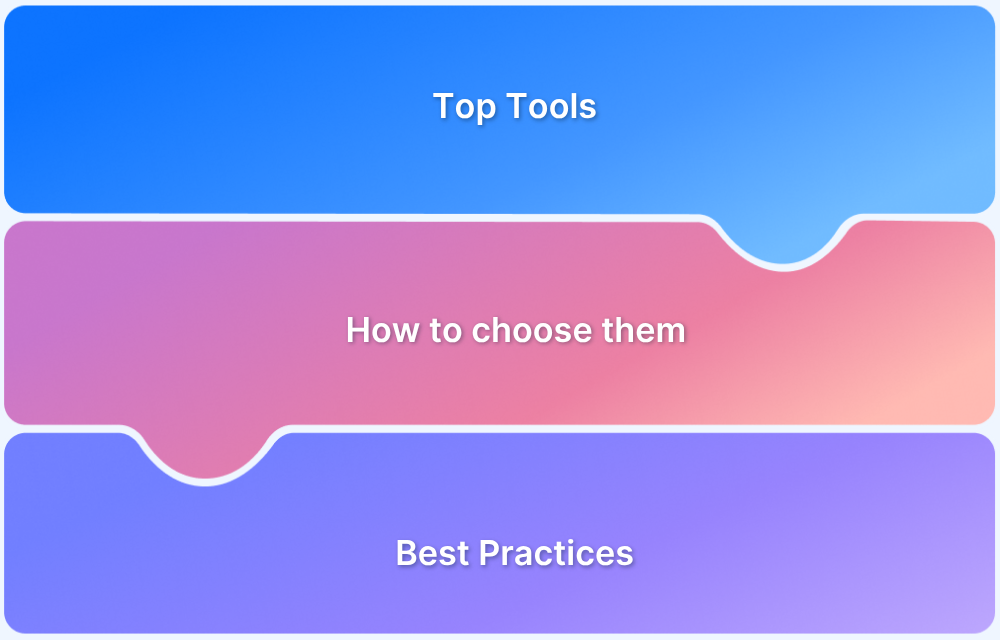Screen recording on Android phones has become a valuable tool for capturing gameplay, recording tutorials, or saving video calls.
Modern Android versions offer built-in screen recording functionality, making the process easier than ever. This guide walks through using the built-in tool and what to do if it’s not readily available.
Record Screen in Android using Built-in Screen Recorder
Most Android phones running Android 11 and above include a native screen recording feature. Here’s how to use it:
- Swipe down from the top of the screen to access the Quick Settings panel.
- Look for the Screen Record icon (usually a circle inside a rectangle).
- Tap the icon. You may be prompted to allow audio recording or show touches.
- Press Start to begin recording. A countdown timer will usually appear.
- To stop recording, swipe down again and tap the Stop button in the notification panel.
If You Don’t See the Screen Recorder
If the screen recorder is missing from Quick Settings, it may need to be added manually, or the device might not support it by default.
Steps to Add Screen Recorder to Quick Settings
Follow the steps below to add a screen recorder to your quick settings:
- Swipe down twice to fully expand the Quick Settings menu.
- Tap the Edit (pencil icon) or More option.
- Scroll through the available tiles until you find Screen Record.
- Press and drag it into the active Quick Settings area.
- Exit edit mode — the screen recorder icon should now appear in the main Quick Settings panel.
If the option still doesn’t appear, consider updating the device or using a trusted third-party screen recorder from the Google Play Store.
Tips for Better Screen Recording
Follow these tips to make your Android screen recordings clearer and smoother:
- Enable Do Not Disturb: Avoid interruptions from calls or notifications.
- Use Landscape Mode: Ideal for games or full-screen apps.
- Test Audio Settings: Choose whether to capture internal audio, mic, or both.
- Clear Background Apps: Reduces lag and improves recording performance.
- Record in Short Segments: Helps manage file size and editing.
Conclusion
Recording the screen on Android is straightforward with the built-in recorder available on most modern devices. Even if the feature isn’t visible at first, adding it to Quick Settings or using alternative apps ensures users can capture what they need with ease.
For testers and developers seeking a reliable platform to test mobile apps, BrowserStack App Live offers instant access to real Android and iOS devices to deliver a smooth user experience, ensuring your apps perform flawlessly across various environments.







